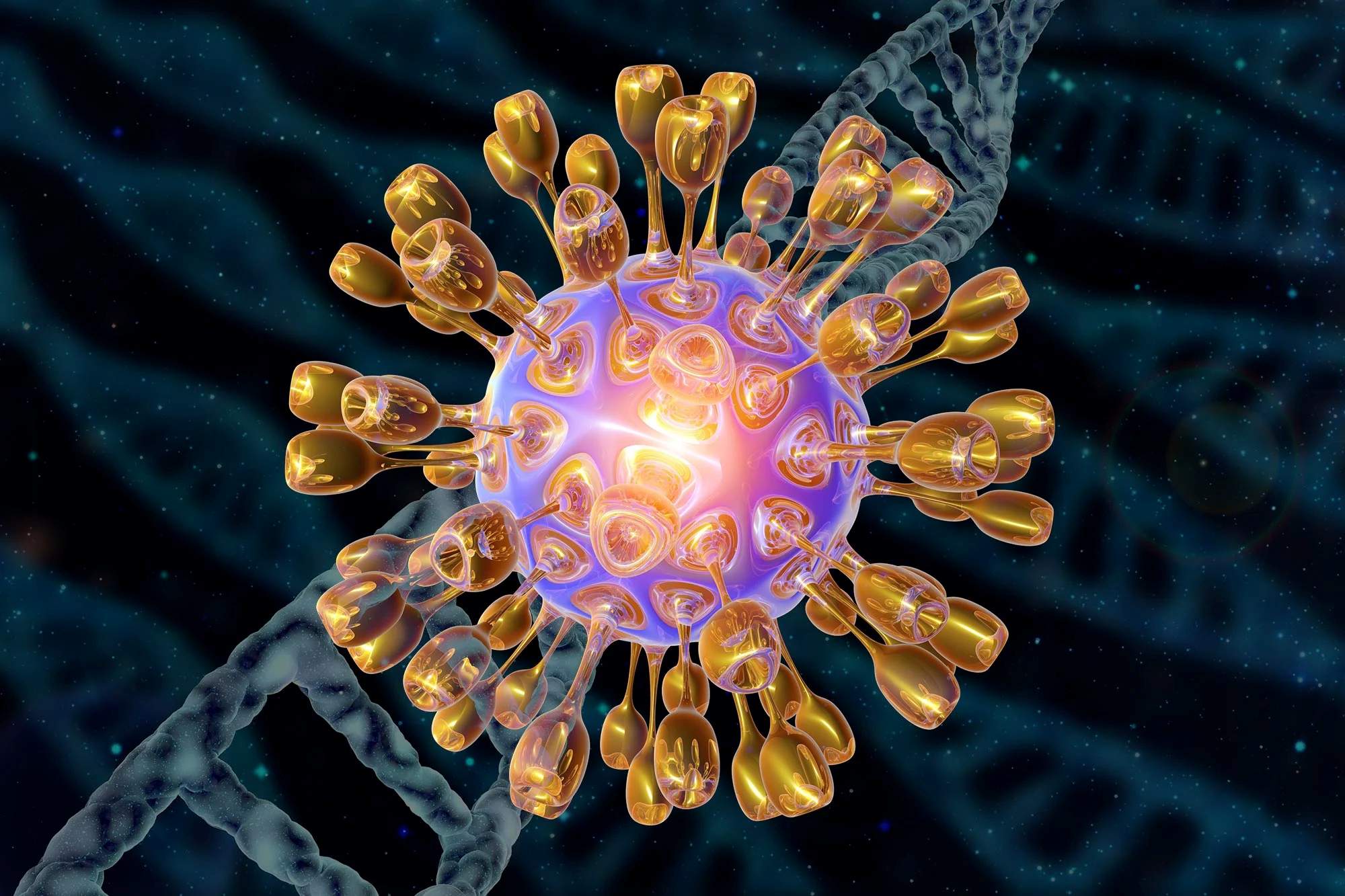
Herpes Simplex Virus (HSV) is a common virus that affects millions worldwide. Did you know there are two types of HSV? HSV-1 typically causes oral herpes, while HSV-2 usually leads to genital herpes. Surprisingly, many people with HSV don't even know they have it because symptoms can be mild or absent. Transmission occurs through direct contact with an infected person, often during kissing or sexual activity. Despite its prevalence, there's still a lot of misinformation about HSV. Understanding the facts can help reduce stigma and promote better health practices. Let's dive into 10 essential facts about HSV that everyone should know.
Understanding HSV
Herpes Simplex Virus (HSV) is a common virus that affects millions globally. It comes in two types: HSV-1 and HSV-2. Both types can cause sores and other symptoms. Let's dive into some interesting facts about HSV.
Types of HSV
There are two main types of HSV, each with unique characteristics.
- HSV-1: This type primarily causes oral herpes, leading to cold sores around the mouth. It can also cause genital herpes through oral-genital contact.
- HSV-2: Mainly responsible for genital herpes, this type causes sores in the genital and anal areas. It's less common but more severe than HSV-1.
Transmission Methods
Understanding how HSV spreads can help in prevention.
- Direct Contact: HSV spreads through direct skin-to-skin contact, such as kissing or sexual intercourse.
- Asymptomatic Shedding: Even without visible sores, HSV can still be transmitted. This is known as asymptomatic shedding.
- Mother to Child: Pregnant women with HSV can pass the virus to their babies during childbirth, leading to neonatal herpes.
Symptoms and Outbreaks
HSV symptoms can vary widely among individuals.
- Cold Sores: HSV-1 often causes painful blisters around the mouth, known as cold sores or fever blisters.
- Genital Sores: HSV-2 typically results in sores in the genital area, which can be painful and itchy.
- Recurring Outbreaks: Both HSV-1 and HSV-2 can cause recurring outbreaks, though the frequency and severity can decrease over time.
Diagnosis and Treatment
Early diagnosis and treatment can manage HSV effectively.
- Blood Tests: Blood tests can detect HSV antibodies, confirming the presence of the virus.
- Antiviral Medications: While there's no cure for HSV, antiviral medications like acyclovir can reduce the severity and frequency of outbreaks.
Final Thoughts on HSV Facts
Understanding HSV helps reduce stigma and promotes better health practices. HSV-1 and HSV-2 are common, affecting millions worldwide. Though incurable, antiviral treatments manage symptoms effectively. Transmission occurs through direct contact, so practicing safe behaviors is crucial. Many people with HSV are asymptomatic, unknowingly spreading the virus. Regular testing and open communication with partners are essential. Outbreaks can be triggered by stress, illness, or a weakened immune system. Maintaining a healthy lifestyle can help manage and reduce outbreaks. Education and awareness are key in combating misinformation and fear surrounding HSV. Remember, having HSV is manageable, and many live healthy, fulfilling lives with the virus. Stay informed, practice safe habits, and support those affected.
Was this page helpful?
Our commitment to delivering trustworthy and engaging content is at the heart of what we do. Each fact on our site is contributed by real users like you, bringing a wealth of diverse insights and information. To ensure the highest standards of accuracy and reliability, our dedicated editors meticulously review each submission. This process guarantees that the facts we share are not only fascinating but also credible. Trust in our commitment to quality and authenticity as you explore and learn with us.
